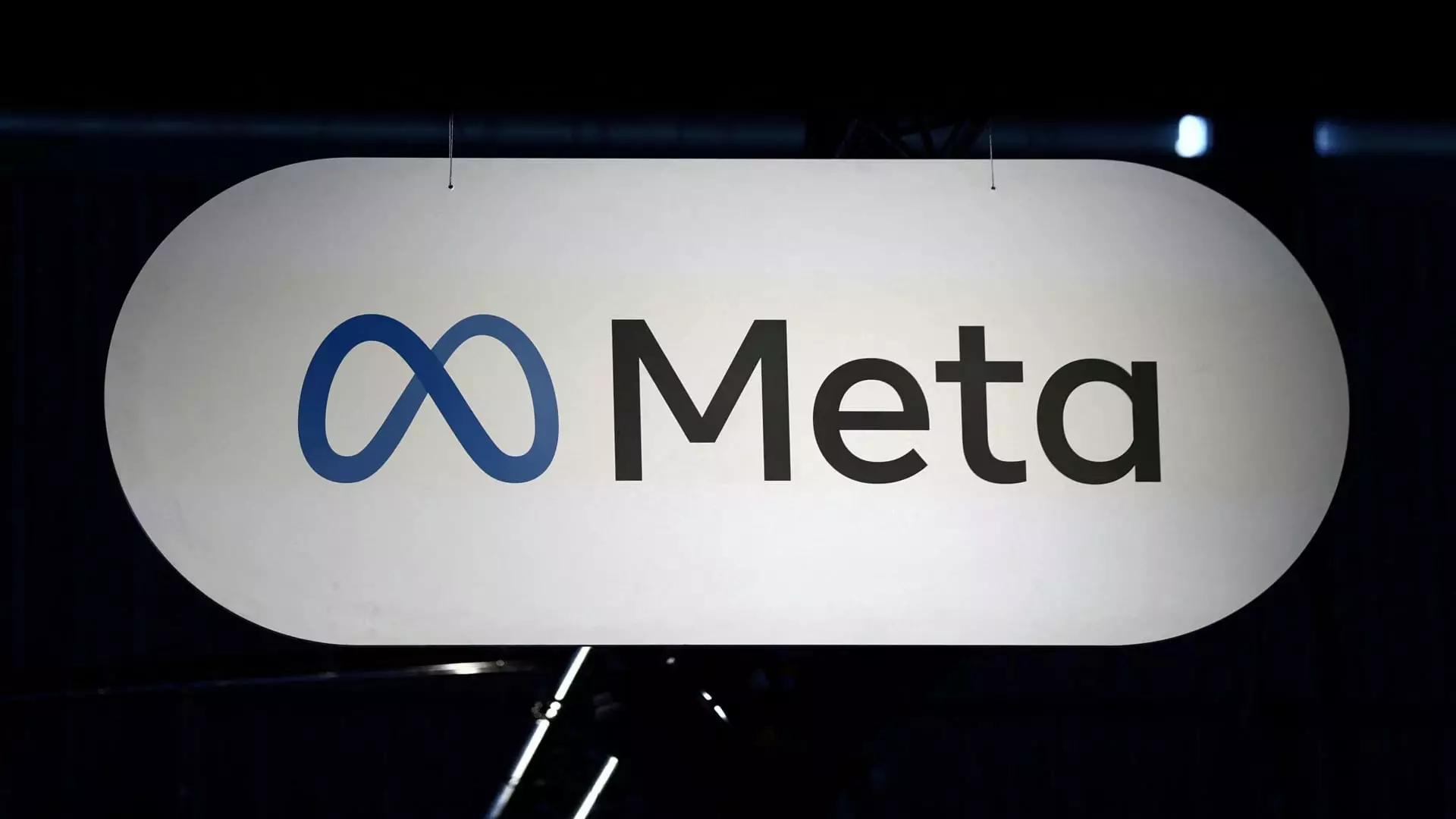Meta Platforms’ decision to pause its AI hiring spree signals a complex shift in how leading tech giants approach artificial intelligence development. After months of aggressive talent acquisition—marked by multimillion-dollar sign-on bonuses and high-profile acquisitions—the company now seems to be stepping back, at least temporarily. This pause should not be seen solely as a sign of decline but rather as a strategic recalibration amid the rapid and often chaotic growth in AI investments.
While some industry observers interpret this as a sign of internal instability or a possible cooling-off from AI dominance, a more nuanced perspective suggests that Meta’s slowdown reflects a maturing understanding of what sustainable AI innovation entails. The company’s previous spending spree—acquiring Scale AI founder Alexandr Wang and establishing multiple specialized AI teams—demonstrates a desire to outrun competitors, but it also indicates an unsustainable hunger that must be tempered with organizational discipline.
The central question isn’t whether AI progress will continue but whether the current pace is realistic or even beneficial in the long term. Meta’s move to pause hiring could be a sign that the company recognizes the importance of integrating these new talents into a well-structured framework, rather than simply expanding without plan. As AI evolves, the real challenge lies in balancing ambitious goals with resource management and strategic focus.
Structural Reorganization Reflects an Intent to Build Lasting Foundations
The internal restructuring unveiled by Meta is indicative of a thoughtful pivot. Dividing AI efforts into specialized entities—one focused on superintelligence, others on products, infrastructure, and exploratory projects—suggests that Meta is transitioning from unchecked growth to deliberate development. The “Meta Superintelligence Labs” epitomize an aspirational vision: building AI systems that outperform humans cognitively.
However, the emphasis on long-term projects hints at a recognition that the true breakthroughs in AI require patience, organization, and a clear hierarchy of priorities. The high-profile recruitment and acquisitions of talent like Alexandr Wang appeared as aggressive tactics aimed at quickly establishing a dominance foothold, but this recent move indicates Meta understands that such haste might hinder sustainable progress. Instead, it’s about creating a solid foundation capable of supporting advanced AI endeavors over years, not just quarters.
This structural shift can be seen as Meta’s attempt to avoid the pitfalls of overextension—where celebrity hires and flashy initiatives overshadow the need for disciplined research infrastructure. The pause appears to be a step toward more responsible resource allocation, aligning long-term objectives with manageable short-term goals.
Investments in AI Have Been Historically High—Is This the End of the Spree?
Meta’s AI spending spree has not been isolated. The entire industry has been pouring billions into R&D, talent recruitment, and infrastructure, driven by an obsession with leveraging AI as the next frontier of technological dominance. High-stakes deals, including a $14.3 billion stake in Scale AI, exemplify this aggressive posture.
Yet, the recent pause raises questions about sustainability. Some analysts, like OpenAI CEO Sam Altman, have publicly suggested that the AI sector might be experiencing a bubble—a notion met with skepticism by others who see AI’s potential as undervalued amid the so-called Fourth Industrial Revolution. It’s important to recognize that AI’s current valuation and investment levels are unprecedented, prompting debate over whether the bubble metaphor is accurate or alarmist.
From Meta’s perspective, the shift could indicate a strategic acknowledgment: that excessive spending without structural coherence can lead to inefficiencies and disillusionment. Instead of a retreat, Meta’s move might represent a maturation process—acknowledging that breakthroughs in AI will require patience, integration, and critical evaluation of ongoing projects.
Closing Thoughts: Is This a Sign of Maturity or a Sign of Uncertainty?
Meta’s pause highlights a crucial inflection point in the AI revolution. It underscores the importance of building thoughtful, sustainable strategies rather than succumbing to hype and overinvestment. The company’s restructuring, alongside its cautious hiring approach, suggests a recognition that AI’s promise will be realized not through rapid-fire acquisitions but through disciplined, strategic development.
In a broader sense, this situation might mark a turning point for the entire industry—ushering in an era where quality, integration, and long-term planning take precedence over sheer speed and headline-grabbing deals. As Meta refocuses and reorganizes its AI efforts, it signals a pivotal truth: that true innovation in artificial intelligence depends less on how loudly a company can shout about its ambitions and more on the robustness of its foundations.

